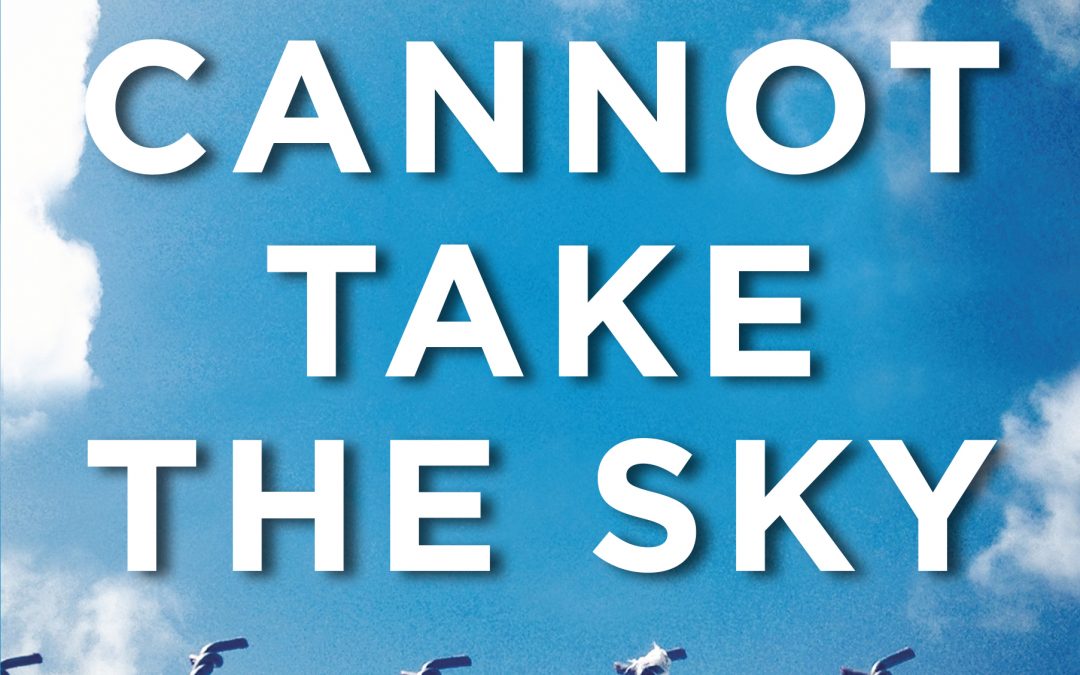They Cannot Take the Sky: Stories from Detention (Behind the Wire, Allen & Unwin Books 2017) is an important and necessary book that should be required reading. These stories, compiled by editors Michael Green and Andre Dao, are first-person accounts of life in detention by refugees from countries including Afghanistan, Iran, Pakistan, several countries in Africa and many more. Their stories are heart-felt and heart-breaking. The narrators tell their stories with humour and grace, with pain and anguish, with generosity and compassion.
These people have fled almost unimaginable circumstances in their countries of origin: abuse and persecution, discrimination and torture, imprisonment and hate. But they have ‘escaped’ to something even more horrific, the incomprehensible, unethical and punitive confines of immigration detention centres here in our own backyard. It is difficult to fully understand the horrors they have left – how to relate to cultures and military rule that are so different to our own? But what is even worse is that when they come to our country seeking haven, risking their lives in the process, our country locks them up and treats them like criminals, often with no explanation, no access to legal or psychological assistance, and no timeline guides as to when their cases might be heard.
This is a book about a system that is failing. A system that has already failed thousands of people. A system that every Australian should see clearly with fresh eyes and demand of our political leaders that it be changed.
The men, women and children – yes, children – who tell these stories are different from us only in that they were born in the wrong place at the wrong time. It could so easily be me – or you – on the other side of that wire.
Some of the stories are of the environment of the detention centres themselves, on Manus Island and Nauru, on Christmas Island, and from centres on the Australian mainland. Others tell of their life within the Australian community since their release – never easy, and always tainted by the negative implications of being locked up, sometimes for years, not for a crime, but simply because they were desperate enough to attempt to escape to make a better life for themselves and their families. I often ponder just how truly desperate someone must be in order to leave behind everything that is familiar, and risk their life in a dangerous situation, on an ill-equipped boat, for example, and put their trust into the hands of strangers. As Neda says in the book: ‘…I think nobody wants to leave their country. Nobody wants to leave their culture, their family. When I came to Australia I almost lost everything. I lost my family, I lost my language, I lost my culture. I lost the land where I was born.’
The inhumane way we treat these broken, damaged individuals, who have demonstrated resilience and strength and determination, is nothing short of atrocious. We should be ashamed. Ashamed of our policies and ashamed of our actions.
This is a book about suffering and grief, about hope and forgiveness. It depicts the enormous capacity for human beings to survive. It illustrates people with extraordinary compassion, who devote themselves to helping others because they themselves were once helped, or because they are now in a better situation. And it is a book about silence – about those who try to silence others, and about those who refuse to be silenced, but instead find their voices and speak. The truth is painful to hear. These stories are uncomfortable. But the more people who listen and who – in turn – spread the word about the circumstances and conditions of detention, the more chance we have of challenging the system. Every single one of the narrators in this book is someone with hopes and dreams, fears and struggles; he was once a child with ambition, or a young girl in love; each person – however different through language and culture and religion – each wants the same thing: to be free. Most of us take our freedom for granted. This is an eye-opening book that forces us to rethink that freedom, and to demand it for all human beings who arrive on our shores searching for hope and refuge.

